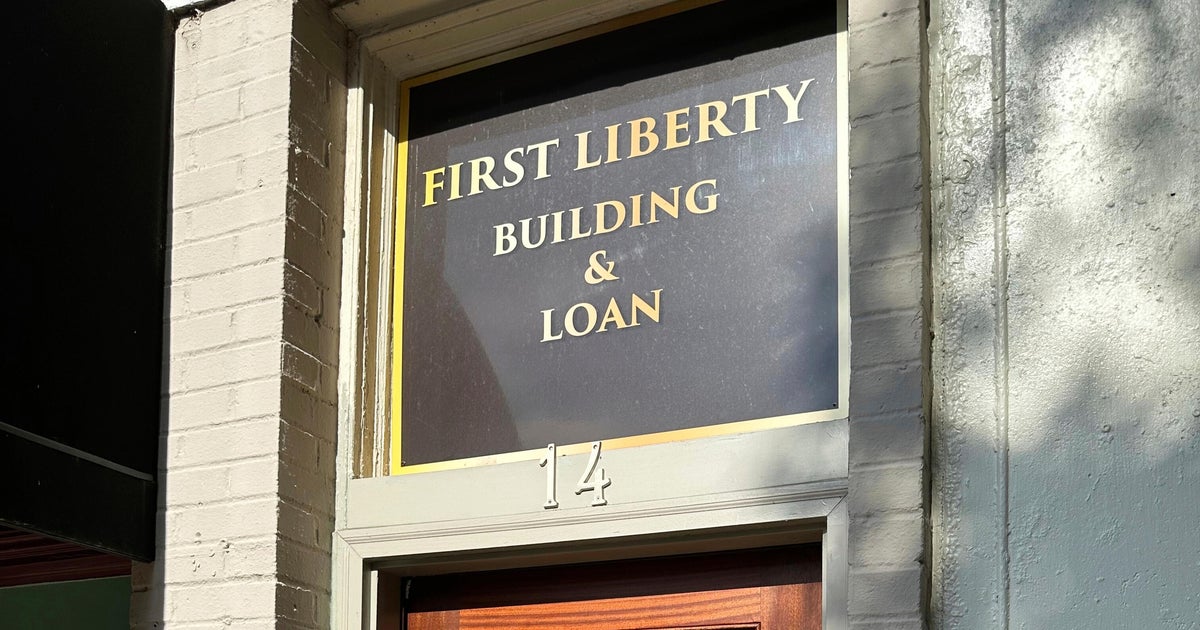Tax Cut Deal Taking Bi-Partisan Fire
WASHINGTON (CBS4) - President Barack Obama's tax-cut deal with the GOP leadership was supposed to be a bi-partisan plan. Instead, it's drawing bi-partisan fire as it makes its way through Congress.
House Democrats have already given the Senate plan a no-confidence vote and are going to try and change provisions in the bill including the estate tax cut. The deal, which was passed by the Senate on Wednesday, will not tax estates up to $5 million, which has infuriated House Dems.
But the most potentially damaging part of the tax-cut deal could be the payroll tax holiday. The payroll tax directly funds Social Security.
Without the payroll tax, Social Security will run out of money at a more rapid pace as baby boomer's drain the trust fund that will lose at least one year of tax revenue.
Democrats fear that once the one-year tax holiday is about to expire, Republican opponents will push for it to continue by calling reinstating the fee a tax increase for workers.
At that point, Democrats will be faced with the position of either funding Social Security by reinstating the tax, or letting another year's worth of funding disappear from the Social Security Trust Fund.
California Democrat Brad Sherman introduced a House bill to eliminate the payroll tax holiday and replace it with a one-time check to refund workers the Social Security tax they paid in 2010, according to TalkingPointsMemo.com.
Other potential stumbling blocks include House members wanting to extend the unemployment insurance deal for two years, just like the tax-cut extension.
The more conservative wings of the Republican Party have lashed out at the cost of the bill and want the tax cuts made permanent. Potential GOP 2012 Presidential candidate Mitt Romney wrote an op-ed in USA Today saying that a two-year tax cut extension wasn't long enough to generate economic growth by business.
The bill is projected to cost nearly a $1 trillion. That cost has boxed in Republicans who railed against spending more than $750 billion on a stimulus bill that also included tax cuts.
According to the Huffington Post, both Rush Limbaugh and Sarah Palin oppose the deal because it does nothing to rein in spending in Washington. The bill actually runs the risk of adding trillions to the deficit if the lost tax revenue isn't made up somewhere else.
The Senate bill now goes to the House, where members can either approve the Senate version as-is and send it directly to the President's desk; or, House members can take apart the bill and force it into a conference committee to iron out the differences between the House and Senate version.







